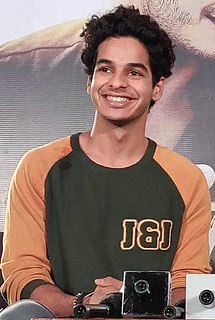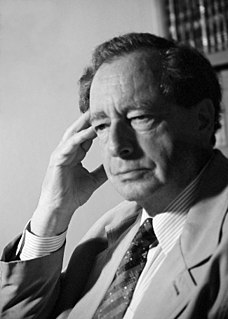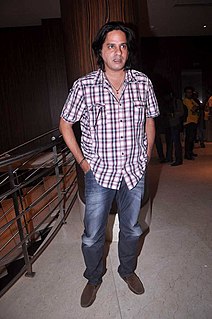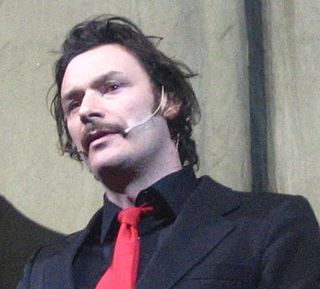A Quote by Peter Greenaway
I do indeed think that cinema is mortal. There is a lot of evidence already that it is dying on its feet.
Related Quotes
Ivan Ilych saw that he was dying, and he was in continual despair. In the depth of his heart he knew he was dying, but not only was he not accustomed to the thought, he simply did not and could not grasp it. The syllogism he had learnt from Kiesewetter's Logic: "Caius is a man, men are mortal, therefore Caius is mortal," had always seemed to him correct as applied to Caius, but certainly not as applied to himself. That Caius - man in the abstract - was mortal, was perfectly correct, but he was not Caius, not an abstract man, but a creature quite, quite separate from all others.
More than my other films, Uncle Boonmee is very much about cinema, that's also why it's personal. If you care to look, each reel of the film has a different style - acting style, lighting style, or cinematic references - but most of them reflect movies. I think that when you make a film about recollection and death, you have to consider that cinema is also dying - at least this kind of old cinema that nobody makes anymore.
I do believe that when we're in the process of dying, that all these emergency circuits in the brain take over. I base what I'm saying not on any empirical evidence. I think it's very possible that when you're dying, these circuits open up, which would explain this whole white-light phenomena - when people clinically die and they see their relatives and stuff and say, "Hello, it's great to see you."
We are told dogmatically that Evolution is an established fact; but we are never told who has established it, and by what means. We are told, often enough, that the doctrine is founded upon evidence, and that indeed this evidence is henceforward above all verification, as well as being immune from any subsequent contradiction by experience; but we are left entirely in the dark on the crucial question wherein, precisely, this evidence consists.
When a significant other - a spouse, a parent or someone you're close to - is dying, it forces you to think about your life, about what you feel about death. What I realized from my dad's dying was that I wasn't scared of dying. But I was terrified of regrets. I was terrified of getting to the end of my life with a lot of Why didn't I's.
But lack of evidence, if indeed evidence is lacking, is no grounds for atheism. No one thinks there is good evidence for the proposition that there are an even number of stars; but also, no one thinks the right conclusion to draw is that there are an uneven number of stars. The right conclusion would instead be agnosticism.
I think what I loved in cinema - and what I mean by cinema is not just films, but proper, classical cinema - are the extraordinary moments that can occur on screen. At the same time, I do feel that cinema and theater feed each other. I feel like you can do close-up on stage and you can do something very bold and highly characterized - and, dare I say, theatrical - on camera. I think the cameras and the viewpoints shift depending on the intensity and integrity of your intention and focus on that.





































